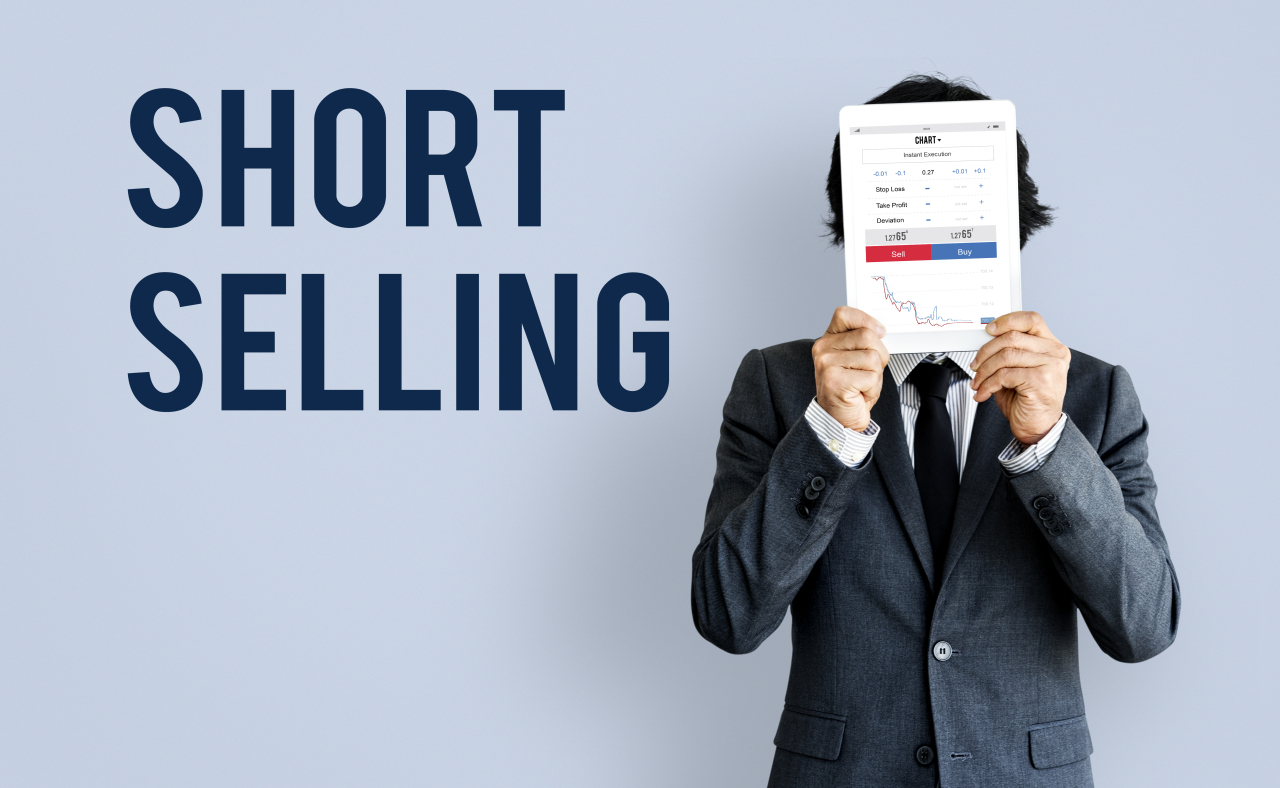[Market Eye] Short selling ban back in focus as stocks slide
FSC hints at imposing full ban on shorting stocks for market stability, but analysts doubt long-term effect
By Choi Si-youngPublished : July 13, 2022 - 18:26

South Korea’s top financial policymaker on Monday hinted at banning short selling again to prevent a jumpy stock market, but some market analysts say the plan should be reexamined since its effect on long-term market stability is still debatable.
The ban -- which was temporarily put on the benchmark Kospi and junior Kosdaq in March 2020 over pandemic-induced volatility -- was partially lifted in May 2021, when the bearish investment practice was allowed on the Kospi 200 and the Kosdaq 150, a select group of large and small cap stocks with strong balance sheets traded on the main and junior board, respectively.
“Markets around the world also enforce the ban when they see volatility,” Kim Joo-hyun, chief of the Financial Services Commission, told reporters Monday shortly after his inauguration. The authorities could use the ban as they see fit if market conditions warrant it, he added.
But Hwang Sei-woon, a senior research fellow at the Korea Capital Market Institute, said short selling was not behind market turmoil. The Kospi, which marked a 20-month low last Wednesday, is barely holding out on a narrow 2,300-point range, a 30 percent drop from its all-time high of 3,305.21 last year.
“The fall has more to do investors pricing in a growth slowdown, which they think is inevitable because the US is raising interest rates much faster than expected,” Hwang said, calling short selling a check on overbuying because it helps to get rid of excessive bubbles.
Expanding the ban could reassure retail investors that they are safe from any harm the “unfair practice” causes them. But the change would do little to foster a “healthy bull market” said Lee Kyung-min, an analyst at Daishin Securities, referring to favorable economic conditions as one requirement for that to happen.
Individual investors, who have long complained that short selling rules discriminate them against foreign and institutional short-sellers, demand authorities make the practice equally rewarding to retail traders, who find themselves outgunned by their bigger peers.
“Foreign and institutional short-sellers have unlimited resources we can never match. The only way to ensure the game is fair to all of us is to make everyone play by the same rules,” said Jung Eui-jung, president of the Korea Stockholders Association.
Currently, retail traders are typically given 90 days to pay back the lender the shares borrowed and required to post collateral amounting to 140 percent of the value of the short sale. The rules are more relaxed for foreign and institutional investors.
“Short selling isn’t (necessarily) all bad,” said Jung, who founded the most outspoken nonprofit group in 2019 amid growing calls for stronger investor protection. But unless the government makes efforts to level the playing field, it is bad, he added.
The ban -- which was temporarily put on the benchmark Kospi and junior Kosdaq in March 2020 over pandemic-induced volatility -- was partially lifted in May 2021, when the bearish investment practice was allowed on the Kospi 200 and the Kosdaq 150, a select group of large and small cap stocks with strong balance sheets traded on the main and junior board, respectively.
“Markets around the world also enforce the ban when they see volatility,” Kim Joo-hyun, chief of the Financial Services Commission, told reporters Monday shortly after his inauguration. The authorities could use the ban as they see fit if market conditions warrant it, he added.
But Hwang Sei-woon, a senior research fellow at the Korea Capital Market Institute, said short selling was not behind market turmoil. The Kospi, which marked a 20-month low last Wednesday, is barely holding out on a narrow 2,300-point range, a 30 percent drop from its all-time high of 3,305.21 last year.
“The fall has more to do investors pricing in a growth slowdown, which they think is inevitable because the US is raising interest rates much faster than expected,” Hwang said, calling short selling a check on overbuying because it helps to get rid of excessive bubbles.
Expanding the ban could reassure retail investors that they are safe from any harm the “unfair practice” causes them. But the change would do little to foster a “healthy bull market” said Lee Kyung-min, an analyst at Daishin Securities, referring to favorable economic conditions as one requirement for that to happen.
Individual investors, who have long complained that short selling rules discriminate them against foreign and institutional short-sellers, demand authorities make the practice equally rewarding to retail traders, who find themselves outgunned by their bigger peers.
“Foreign and institutional short-sellers have unlimited resources we can never match. The only way to ensure the game is fair to all of us is to make everyone play by the same rules,” said Jung Eui-jung, president of the Korea Stockholders Association.
Currently, retail traders are typically given 90 days to pay back the lender the shares borrowed and required to post collateral amounting to 140 percent of the value of the short sale. The rules are more relaxed for foreign and institutional investors.
“Short selling isn’t (necessarily) all bad,” said Jung, who founded the most outspoken nonprofit group in 2019 amid growing calls for stronger investor protection. But unless the government makes efforts to level the playing field, it is bad, he added.







![[Graphic News] More Koreans say they plan long-distance trips this year](http://res.heraldm.com/phpwas/restmb_idxmake.php?idx=644&simg=/content/image/2024/04/17/20240417050828_0.gif&u=)
![[KH Explains] Hyundai's full hybrid edge to pay off amid slow transition to pure EVs](http://res.heraldm.com/phpwas/restmb_idxmake.php?idx=644&simg=/content/image/2024/04/18/20240418050645_0.jpg&u=20240419100350)






![[From the Scene] Monks, Buddhists hail return of remains of Buddhas](http://res.heraldm.com/phpwas/restmb_idxmake.php?idx=652&simg=/content/image/2024/04/19/20240419050617_0.jpg&u=20240419175937)

![[KH Explains] Hyundai's full hybrid edge to pay off amid slow transition to pure EVs](http://res.heraldm.com/phpwas/restmb_idxmake.php?idx=652&simg=/content/image/2024/04/18/20240418050645_0.jpg&u=20240419100350)

![[Today’s K-pop] Illit drops debut single remix](http://res.heraldm.com/phpwas/restmb_idxmake.php?idx=642&simg=/content/image/2024/04/19/20240419050612_0.jpg&u=)